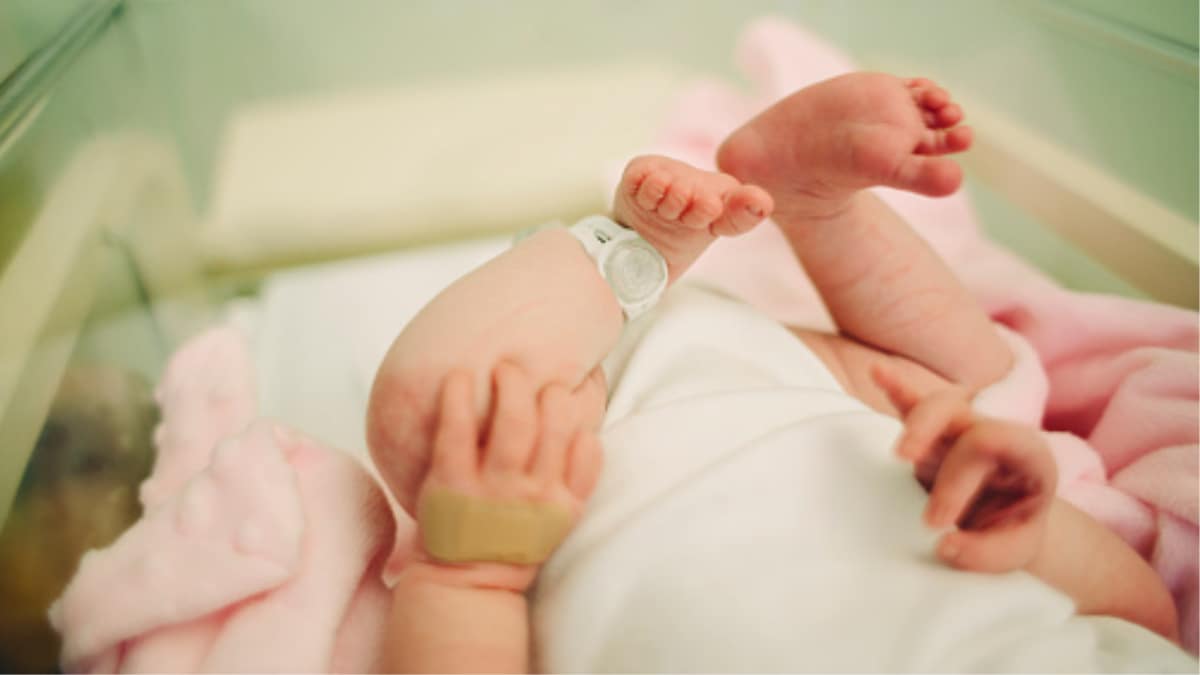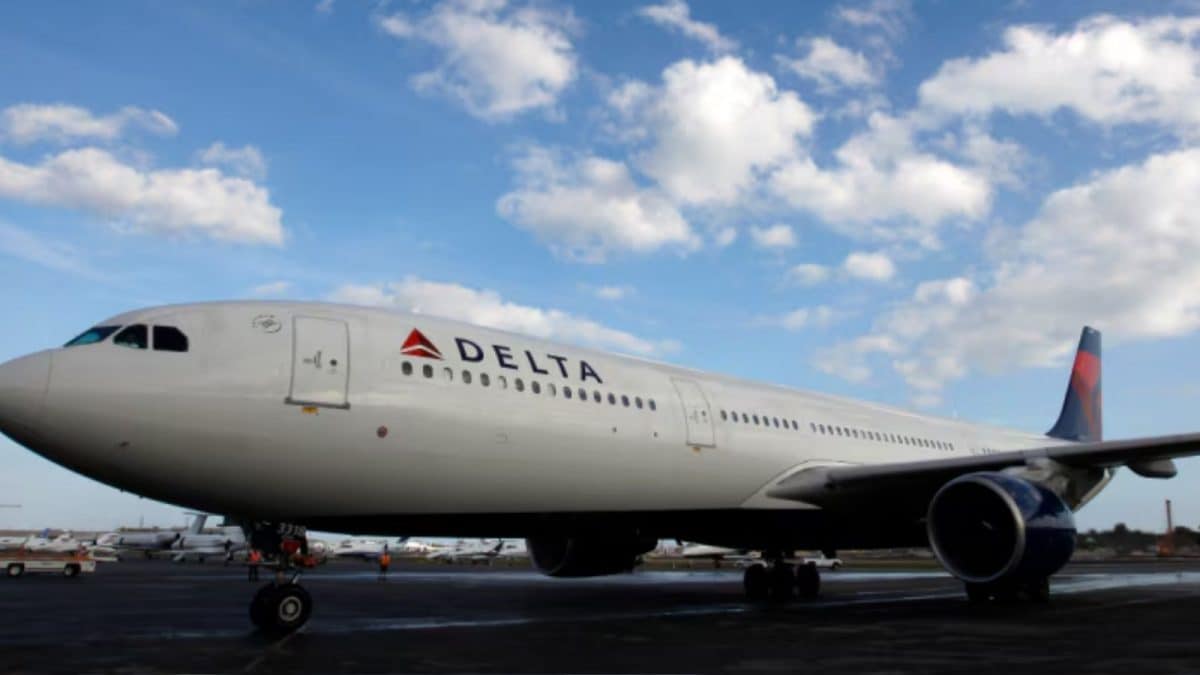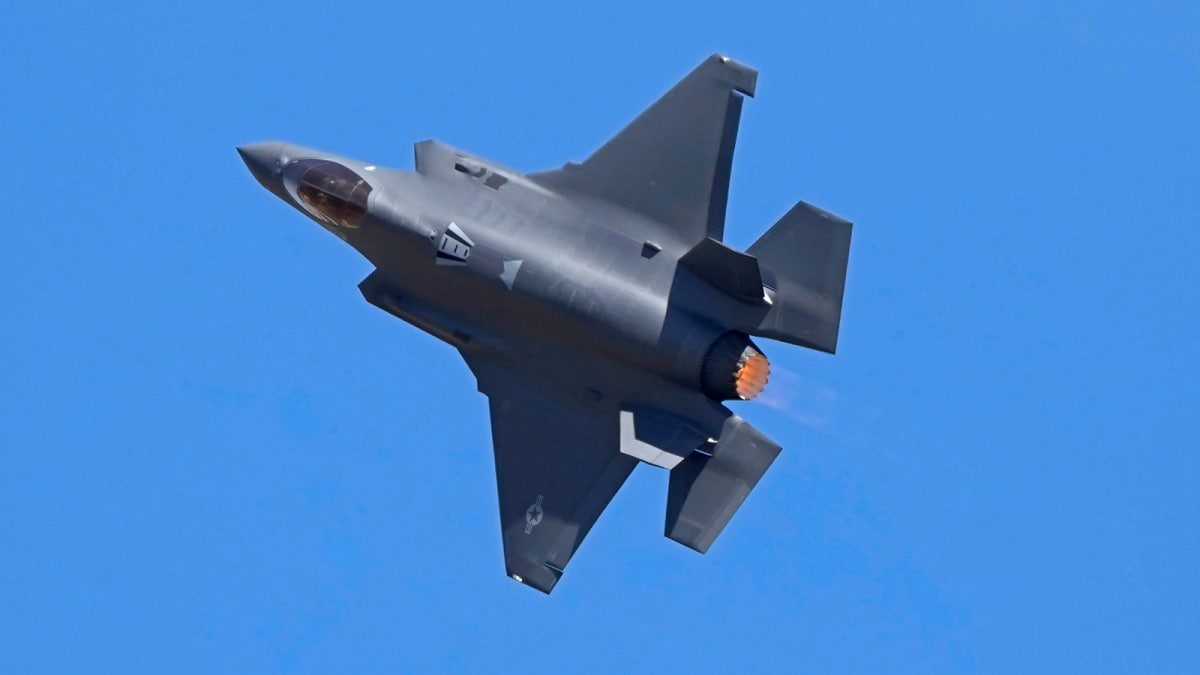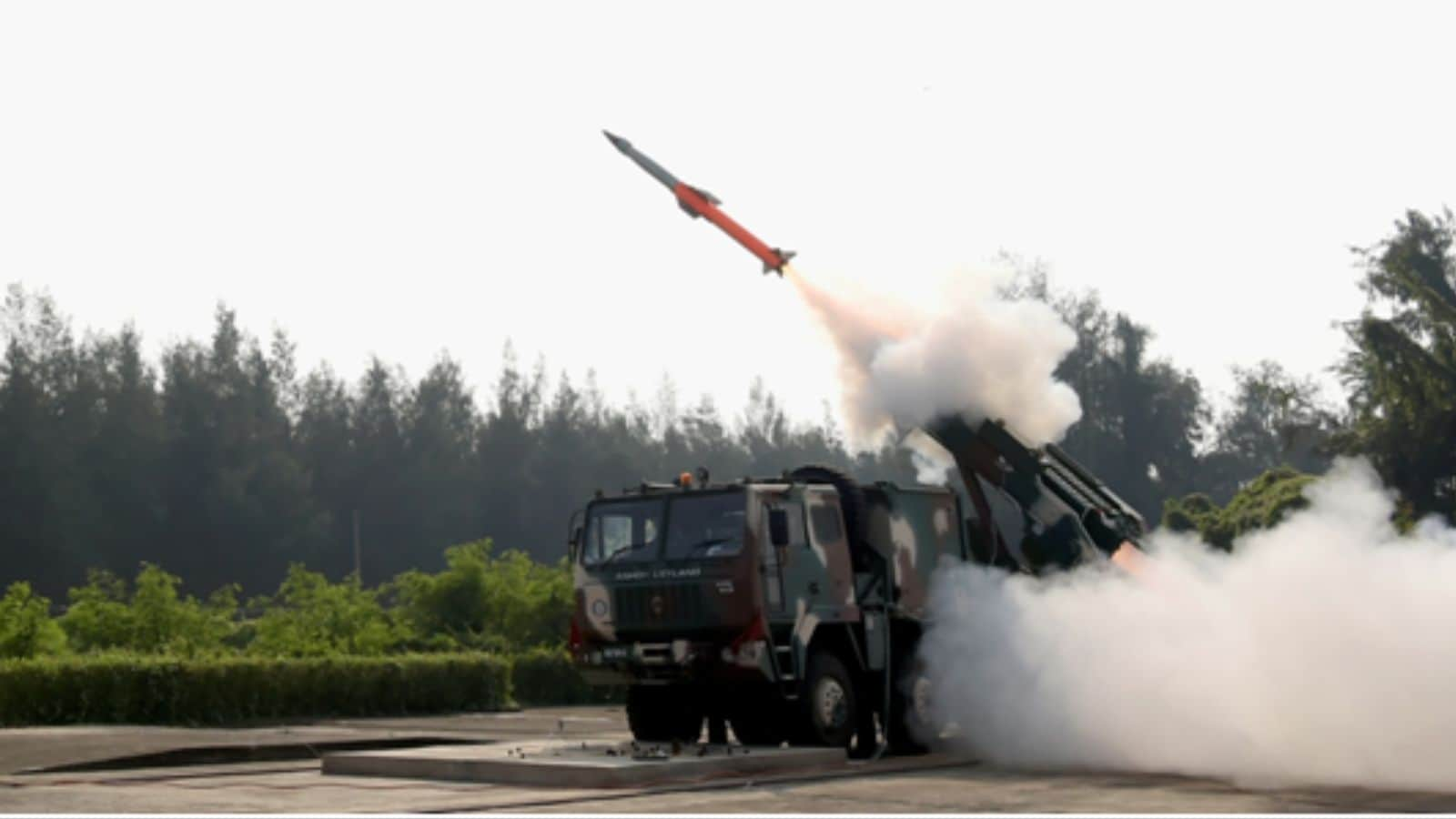ARTICLE AD BOX
Last Updated:August 02, 2025, 17:44 IST
Captain Shubhanshu Shukla's return after 20 days in space highlighted the challenges of readjusting to gravity, including a humorous laptop incident and struggles with daily tasks.

Shukla travelled to the International Space Station with three other crewmates—one each from the US, Hungary, and Poland—on a private space mission funded by the respective countries. The Indian Space Research Organisation (ISRO) spent nearly Rs 550 crore on this collaboration with Axiom Space, SpaceX, and NASA. File pic/AFP
After spending 20 days in space, Group Captain Shubhanshu Shukla had a humorous yet eye-opening experience upon returning to Earth. While sitting on his bed in Houston, he closed his laptop and let it go, expecting it to float nearby. However, it fell to the floor instead. Fortunately, the carpet cushioned its fall, and the laptop was saved. This incident served as a stark reminder of the transition from weightlessness in space to the gravitational pull of Earth.
This minor incident highlights the significant psychological and physiological adjustments astronauts face when returning to Earth after being in space. In microgravity, the brain rewires itself to accept floating objects as the norm, making actions like letting go instinctive. However, upon returning to Earth, gravity’s presence can catch them off guard, leading to unexpected consequences.
Upon asking American astronaut Commander Peggy Whitson, when rookie astronauts like Group Captain Shukla first arrive at the space station, do they end up causing any damage by moving around too fast, like bulls in a China shop? NDTV reported.
“I was actually very impressed with how quickly these astronauts adapted to being in space," Mission Commander Peggy Whitson said.
“Before their arrival, I emphasised one key lesson: slow is fast. They really took that to heart. By moving slowly and deliberately, they avoided bumping into things or causing any damage. So no, they weren’t bulls in a China shop; they were careful, thoughtful, and adapted beautifully to the microgravity environment."
Group Captain Shukla’s experience goes beyond a simple laptop incident, highlighting the challenging process of readjusting to life on Earth after being in space. He recounted another striking moment: upon returning, he asked a colleague for a phone to take a picture. The moment he held it, he was stunned by its weight. A device he had used countless times before now felt heavy and unfamiliar, serving as a stark reminder of gravity’s return.
Shukla is the first Indian to have visited the $150 billion orbiting space laboratory. Axiom Space, the private company that brokered this visit for NASA and ISRO, cost India nearly $70 million.
After approximately 433 hours, 18 days, and 288 orbits around Earth, covering nearly 12.2 million kilometres since docking with the International Space Station (ISS), the Axiom Mission 4 (Ax-4) crew returned safely to Earth.
This would be about 32 times the distance between the Earth and the Moon.
Group Captain Shukla follows in the footsteps of Wing Commander Rakesh Sharma, who became India’s first astronaut in 1984 on an Indo-Soviet space mission.
After nearly 40 years of living under Earth’s gravitational pull, Group Captain Shukla’s body adapted remarkably to microgravity in just a few days in space. His perception and motor responses shifted as his body learned to float, manoeuvre, and function without gravity’s constant pull. His muscles and bones adjusted, and his brain rewired its sense of balance and coordination to the new environment. Returning to gravity, however, is a challenge.
Group Captain Shukla spoke about the challenges of readjusting to life on Earth, struggling with balance, footing, and mundane tasks that once came naturally. Thankfully, astronauts undergo a structured rehabilitation and recuperation program upon landing. Through guided exercises and protocols, they rebuild strength and coordination. While most astronauts start feeling almost back to normal within 3-4 days, full recovery can take several weeks.
These experiences showcase the human body’s incredible adaptability, as well as the significant challenge of reversing that adaptation. Space travel isn’t just about learning to live without gravity; it’s about learning to live with it again.
Group Captain Shukla’s stories provide a unique insight into the personal side of space travel, highlighting the profound experience of returning to Earth. His return wasn’t just about readjusting physically, but also about reconnecting with the fundamental forces that shape our lives. And sometimes, it begins with a laptop that doesn’t float.
view comments- Location :
United States of America (USA)
- First Published:
August 02, 2025, 17:44 IST
News world ‘Dropped Laptop, Expected To Float’: Shubhanshu Shukla's Surreal Experience After Space Mission
Disclaimer: Comments reflect users’ views, not News18’s. Please keep discussions respectful and constructive. Abusive, defamatory, or illegal comments will be removed. News18 may disable any comment at its discretion. By posting, you agree to our Terms of Use and Privacy Policy.
Read More



.png)
.png)
.png)
















 1 hour ago
5
1 hour ago
5









 English (US) ·
English (US) ·